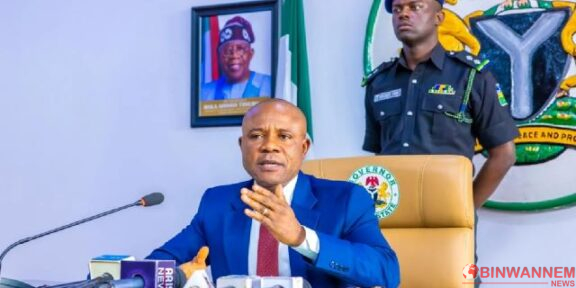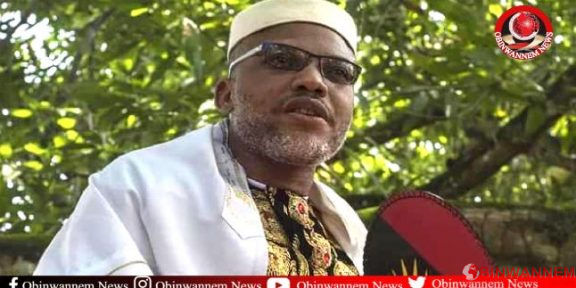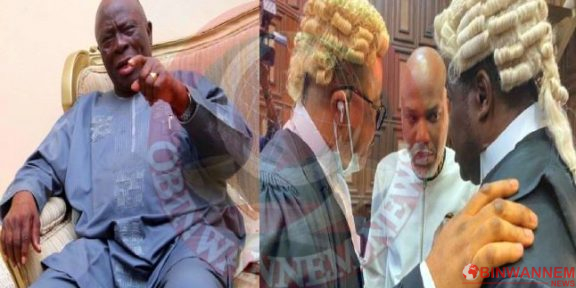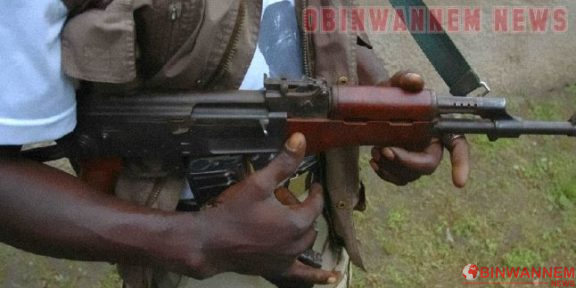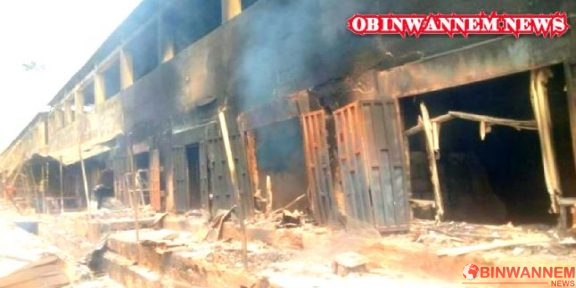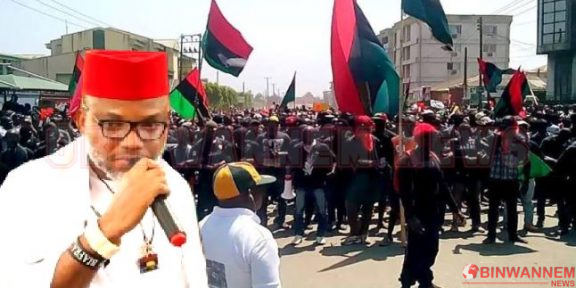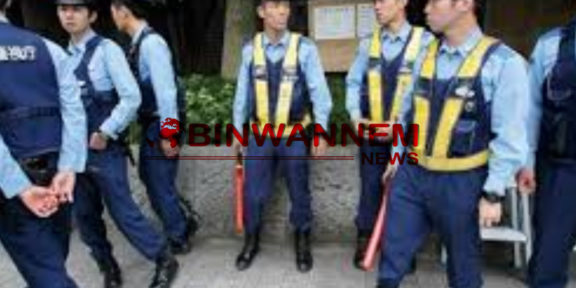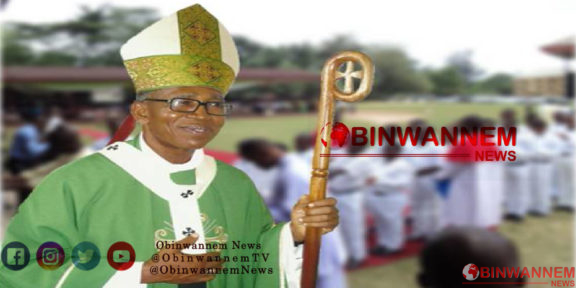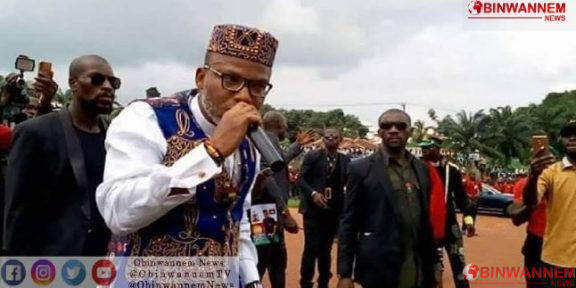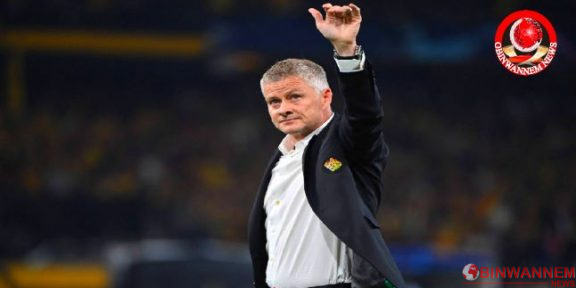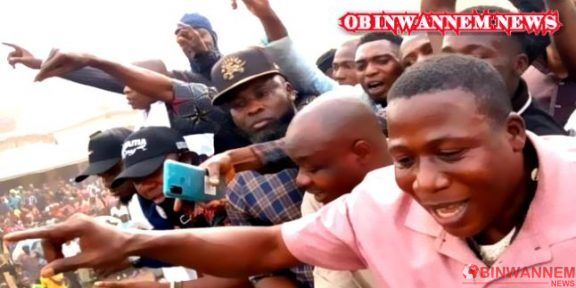Ohafia is a versed kingdom, known for its luminary across Igbo nation.
Ohafia is unarguably a kingdom. But, there has been a long-term misrepresentation that has posited same as a mere town. It is located in Igboland; a local government in the present day Abia State.
Ohafia is known for possessing distinct attributes that has immensely contributed to the development of the nation as well as its essence in the security consciousness of the State.
Ohafia consists of twenty six villages, namely, Elu, Ibina (Ihenta), Nde Okpala, Ndi Anyaorie, Amina, Amekpu, Ebene, Amogu, Okagwe, Ndeuduma, Ukwu, Oboro, Nde, Nku, Nkwelu, Asaga, Ndi Uduma Awoke, Amankwu, Nde Ibe, Nde Orieke, Okon aka, Amangwu, Ufule, Eziafor, Abia, Akanu, Isi-ugwu.
The population strength ranges from between 800, 000 and 916, 000, as of 2015. The distance from Umuahia to Ohafia, is 50.1 km. Their native foods include; akpu, cocoyam, ofe oko, pounded yam, ekpakpa [maize], et cetera.
Most (historic) events were said to have begun from Ohafia. It is on record that the ‘end police brutality’ movement, under the banner of #EndSars, rose to its crescendo, following the death of a young promising youth by happy-trigger policemen in Ohafia.
Similarly, the first attack from the unknown gunmen, took place in Ohafia, at Okagwe junction. Police officers, were killed and some hospitalized, Okagwe youths were blamed for the assault , which affected the “Igbu ekpe Iri ji” festival, of almost all Ohafia communities.
Ohafia was the first community to unanimously resist Fulani herdsmen from their bushes, without waiting for the government’s approval. It was also in Ohafia, that open grazing was first said to have been annulled.
Be that as it may, calling them ‘violent people,’ would be a misnomer. They are rather, defensive, receptive, selfless, and resourceful people, who at all times crave to enshrine justice in all undertakings.
The ancestors of the Ohafia people were referred to as mighty warriors. This affects the history of the Ohafia people, which remains fundamental to the Ohafia sense of identity.
A knitted warrior’s cap, or leopard cap; okpu agu, in Igbo language, is known to have emanated from Ohafia. More so, the Ohafia warrior tradition is embodied in performance of war dance (iri agha).
Notably, the third largest military base is located in Ohafia, named Goodluck Jonathan Barracks, with the establishment of 14 Brigade, and 145 Battalion office complex.
Ohafia has produced heroes that have played strategic roles in the Igbo nation as whole.
Professor Eni Njoku, the first Black Vice Chancellor of the University of Lagos, and University of Nsukka, was a native of Ohafia. Uche Jumbo, an award-wining Nollywood actress. Kalu Idika Kalu, a Nigerian politician who served twice as the finance minister; not excluding Chief Ojo Madueke, a former minister of culture and tourism (1999), minister of foreign affairs (2007-2010), and many more notable people from Ohafia.
Ijeoma Njoku reporting, Obinwannem News | June 7, 2021



